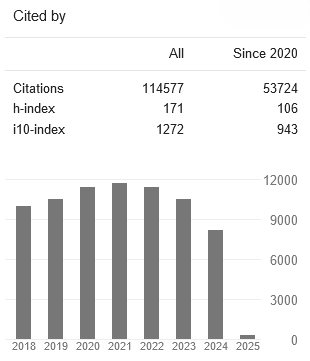Disparity of Performance Indicators of Islamic Banks: Study on Bangladesh
- Mamunur Rashid
- Ainun Nishat
Abstract
Islamic banking is still in emergent stage. However, the industry is growing at the rate of 15% every year (IFSB, 2008). As it is operating under a distinct system of banking, Islamic Shariah, Islamic banks have been undergoing through immense competition from other Islamic banks and conventional banks of domestic and multination origin. Moreover, banking is an important industry, which stabilizes the overall economic condition of the globe. Hence, analysis of performance and identification of the problems, at a continuous basis, are basic necessities for Islamic banks. This study considers 12 important financial ratios and common size income statement and balance sheet information for 2001 to 2006. The ratios were compared with simple industry average, and other banks distributed in three generations, namely; generation one, two and three. Results showed poor performance of Islamic banking sector in almost every aspect, especially in the areas of profit maximization, investor management and operating inefficiency. The report identified unique banking system, lack of efficient HR, lack of marketing and awareness creating activities, absence of Islamic capital and inter-bank markets and lack of direct government control as precedence. The study reported to bring about immediate change in HR management and policy, changes in operating policy, increase in marketing and awareness creating activity, guidelines and supervision of the government through direct Islamic Banking Law.
- Full Text:
 PDF
PDF
- DOI:10.5539/ijbm.v4n8p52
Journal Metrics
Google-based Impact Factor (2023): 0.86
h-index(2023): 152
i10-index(2023): 1168

Index
- Academic Journals Database
- ACNP
- AIDEA list (Italian Academy of Business Administration)
- ANVUR (Italian National Agency for the Evaluation of Universities and Research Institutes)
- Berkeley Library
- CNKI Scholar
- COPAC
- EBSCOhost
- Electronic Journals Library
- Elektronische Zeitschriftenbibliothek (EZB)
- EuroPub Database
- Excellence in Research for Australia (ERA)
- Genamics JournalSeek
- GETIT@YALE (Yale University Library)
- IBZ Online
- JournalTOCs
- Library and Archives Canada
- LOCKSS
- MIAR
- National Library of Australia
- Norwegian Centre for Research Data (NSD)
- PKP Open Archives Harvester
- Publons
- Qualis/CAPES
- RePEc
- ROAD
- Scilit
- SHERPA/RoMEO
- Standard Periodical Directory
- Universe Digital Library
- UoS Library
- WorldCat
- ZBW-German National Library of Economics
Contact
- Stephen LeeEditorial Assistant
- ijbm@ccsenet.org
